Without the comforts of a refrigerator, running water, or even prep surfaces, campsite chefs manage to get by. Whether you're bringing a grill or cooking over an open fire, there are a few things you can do to make your cooking and cleaning experience easy and safe. Making sure your food is protected from wildlife, as well as maintaining proper temperatures and preventing illnesses from improper food handling are all important steps to maintaining a fun and safe campsite experience. Meal planning and preparation beforehand is a big step forward in saving you time and effort in cooking and cleanup, giving you more time to enjoy your time outdoors, either in pleasant company or your own solitude.
First, let's talk prep. Planning your meals for your trip not only takes that stress away, it also helps you determine how you can appropriately pack all of the food that's needed. For campsite camping you'll most likely have a cooler, in which case the cooler size should fit your needs based on what you'll need for your meals. While I'm a sucker for a good fire-roasted steak, it is actually much easier to cut this into strips if you wanted to plan on making a stir fry dish. Pre-cutting food not only allows it to cook quicker, saving you fuel and time, it also reduces the amount of cleaning you would need to do. If you are using a cutting board, I would recommend saving the meats for last when it comes to cutting. While you should cook any meats first, cutting it last saves you a cleaning trip in between your meal prep. Sanitation is even more important while camping, so anything you can do in the comfort of your home kitchen should be done beforehand to minimize the amount of contact necessary.

Food Storage is the next thing to discuss, as wild animals are particularly crafty when it comes to stealing our food. The first rule of thumb is to not leave food in the open - take it out only when you want it, and put it away as soon as you're done. Odor proof containers are preferred to minimize what animals can smell. While most small critters are cautious of humans, there are many larger creatures that would not be intimidated so easily. In Bear country, the only thing that would protect your food is a bear-proof container. While some campsites in bear country will provide metal food storage boxes, containers like the Siberian Cooler are IGBC rated for bear resistance. Otherwise, keeping your food in your car is a good practice, especially if you'll be away for the campsite for a few hours. This goes without saying, but intentionally feeding the wildlife is a mistake that should be avoided. Leaving food out that is easy pickings for wild critters invites them to continue doing so, and preventing wild animals from getting too comfortable is essential for their own survival.
When using a cooler, make sure to pre-chill the cooler with ice a few hours before you plan to fill it up. This will help bring the temperature of the interior down, allowing you to add fresh ice before you leave to extend the length of time the ice will stay frozen. If you're packing water bottles, pre freezing those helps to keep it colder longer, while thawing it out to drink is easy enough. Frozen meats should be placed at the bottom to keep them frozen for as long as possible, while other foods you plan to eat first should be placed towards the top.

Finally, sanitation is the most important consideration. I've already talked about how to clean your camp stoves in a previous blog post, but when it comes to your equipment, such as knives, cutting boards, and utensils, proper sterilization needs to occur to prevent illness. As we won't have access to frequent running water on most camping trips, our hands will accumulate a significant amount of bacteria throughout the day. Hand sanitizer is your best friend in these cases, killing most of the harmful bacteria. If running water isn't available, some hand sanitizer will help elevate your cleanliness when it comes to handling food, especially raw food. If you are handling raw meats, soap and water are a must. Biodegradable soaps are preferred for all outdoor uses, and our paper soap is great for a quick rinse with minimal water usage. This paper soap can also be used to clean your utensils and cutting board if a sink is not available to you. Another option is to use sterile, food safe gloves when handling your food, as this allows you to simply remove them afterwards.
If possible, you can certainly visit a store before heading back to camp each night to pick up dinner options, but as always you will need to be cautious with proper disposal of trash and food scraps. While a cooler would still be helpful in those cases, you can pack a much smaller cooler if you plan on making frequent trips. If you can, packing everything you need beforehand provides a much more authentic experience, allowing you to stay disconnected. Of course the occasional misstep can happen and a trip to the store either on the way or during the trip may be unavoidable, but for those of us who want to cherish the moments we have outdoors, minimizing exposure to our regular hustle and bustle is one of the reasons why we love the outdoors so much.

